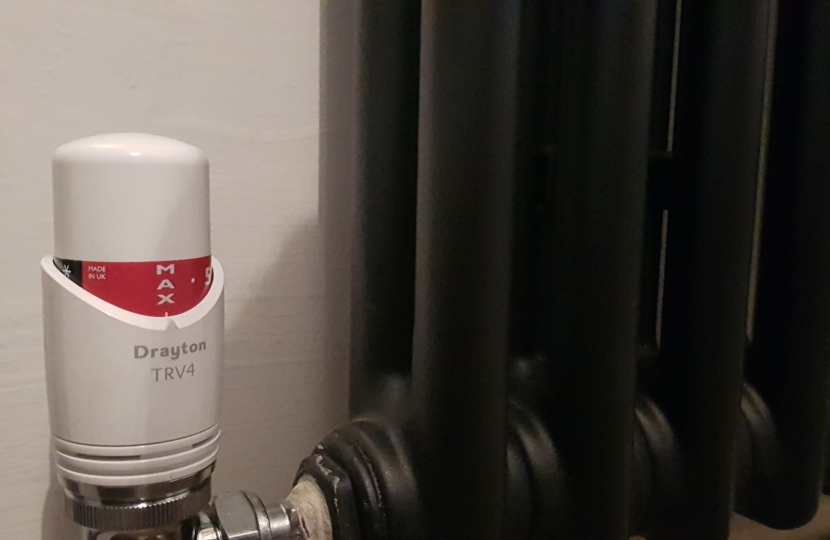
As the cold weather sets in, Chair of the Assembly Cross Party Group on Fuel Poverty and Energy Efficiency, Mark Isherwood AM, has today sponsored and spoken at the launch of an annual campaign which aims to raise awareness of the problem of fuel poverty and of the help and support available locally for those struggling to heat their homes.
The ‘Get Winter Ready’ event and fuel poverty charity National Energy Action (NEA) Cymru’s launch of their annual ‘Warm and Safe Homes Campaign 2018’ took place in the Senedd.
Speaking at the event, Mr Isherwood, who has been working with campaigners and raising fuel poverty issues in the Assembly for many years, said:
“A household in Wales is said to be in fuel poverty if they spend 10% or more of their income on energy costs – and to be in severe fuel poverty if they have to spend 20% or more of their income on energy costs.
“According to figures from 2016, 23% of Welsh households – 291,000 homes – were in living in fuel poverty - and approximately 2,700 people have died in Wales because of cold homes since 2012” (Excess Winter Deaths in Wales since 2012 have averaged 1,710 annually, with the World Health Organisation estimating that at least 30% of these – 513 annually – were directly due to cold homes).
“The Warm and Safe Homes Campaign is NEA’s annual winter initiative, focusing on the need for people to be able to stay warm in their homes. The campaign aims to raise awareness amongst both politicians and members of the public of both the problem of fuel poverty and the action needed to be taken at a policy level, and the help and support available locally for those struggling to heat their homes. It also highlights key messages around gas and electricity safety in the home. The campaign will run between Wednesday 28 November 2018 and Fuel Poverty Awareness Day on Friday 15 February 2019.”
Mr Isherwood stated that “the connection between fuel poverty and health is very real”, noting that the annual cost to the Welsh NHS of treating people made ill by living in a cold damp home is approximately £67 million.
He said:
“Health impacts caused by cold homes predominantly relate to cardiovascular and respiratory problems. Low temperatures also diminish resistance to infection and encourage damp and mould growth in the home. Cold indoor conditions have also been linked to poor mental health resulting from anxiety and stress. Cold homes can also exacerbate social isolation and reduce educational attainment.
“Evidence by NEA shows that a cold home can also worsen arthritic conditions and rheumatic conditions, and increase propensity to falls. Advice, support, and heating and insulation improvements can help address all of these problems.
“Governments, Local Authorities, Housing Associations, energy suppliers, regulators, network companies, Health Boards, and third sector organisations must work collectively to ensure everyone can enjoy the comfort of a safe and warm home.”